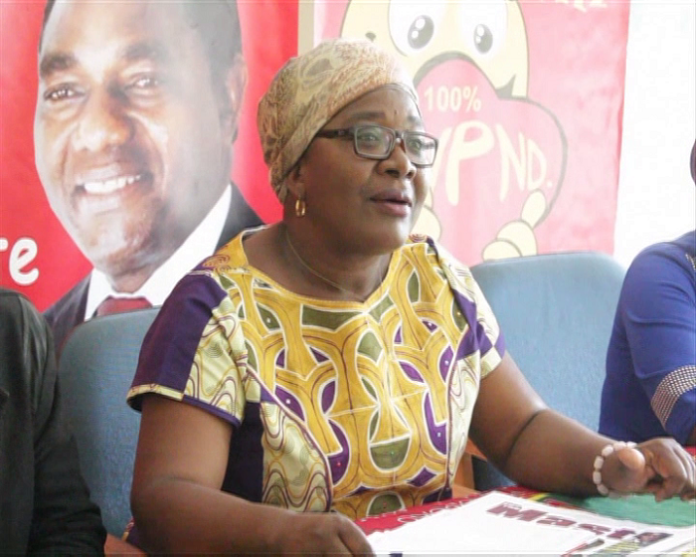Labour and Social Security Minister Brenda Tambatamba says about 2.7 million children are engaged in unpaid work activities in Zambia.
Ms Tambatamba says the estimated number of children in child labour is about 430, 000 while those involved in hazardous child labour is about 29, 000 with rural areas having 58.1 per cent of children in child labour while urban areas account for 41.19 per cent.
She said Lusaka province has the highest number of children in child labour followed by Central and Copperbelt provinces respectively.
Ms. Tambatamba has further disclosed that Eastern, Copperbelt, Lusaka and Western provinces have hazardous child labour rates above the national average of 40.9 per cent.
She said that to address child labour, Zambia will be reviewing the current Child Labour Policy as part of the National Employment and Labour Market Policy.
Ms Tambatamba said Zambia has set up a National steering committee to provide oversight on child labour programmes while at the district level, Child labour Committees have been set up to implement programmes in a multi-sectoral approach.
She said Zambia has further ratified and domesticated a number of international standards and conventions through the promulgation of the Employment Code Act of 2019 which prohibits the worst forms of child labour in the country.
According to Press Secretary at the Zambian High Commission in South Africa Naomi Nyawali, Ms Tambatamba said this in a statement availed to the Press Office in Pretoria when she met Charge’d Affaires at the Mission in that country Audrey Simukoko.



So, is it that children are engaged in unpaid work that this constitutes child labour ? Secondly, are these children coerced into working for others without pay or they simply voluntarily engage in child labour? Assuming children are being coerced into working for others without pay, who is it that is doing this? Is it their parents or guardians? If children are being made to engage in unpaid work by their parents and guardians, is this not part of their contribution to the welfare of families of which they are part? Or, are children not being expected to contribute to the welfare of the families of which they are part? Or, is there an age below which it may be considered to be injurious to the physical, emotional, psychological and intellectual development of a child if it is engaged in…
… physical work? If so what is this age and where is the scientific evidence against engaging children in work? What protective policies is government putting in place for orphaned children that voluntarily engage in work say to earn themselves food to eat?
Life under upnd. Are these the 2.8 who voted upnd hahaha
Those are relatives helping with household chores and some helping with making ends meet in the household such as those selling fitumbua, ice block etc. They are not paid wages but paid in kind through food and,other necessities.
Thaink to you
Comments are closed.